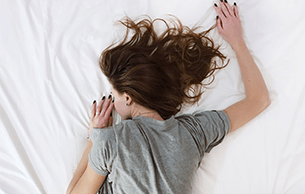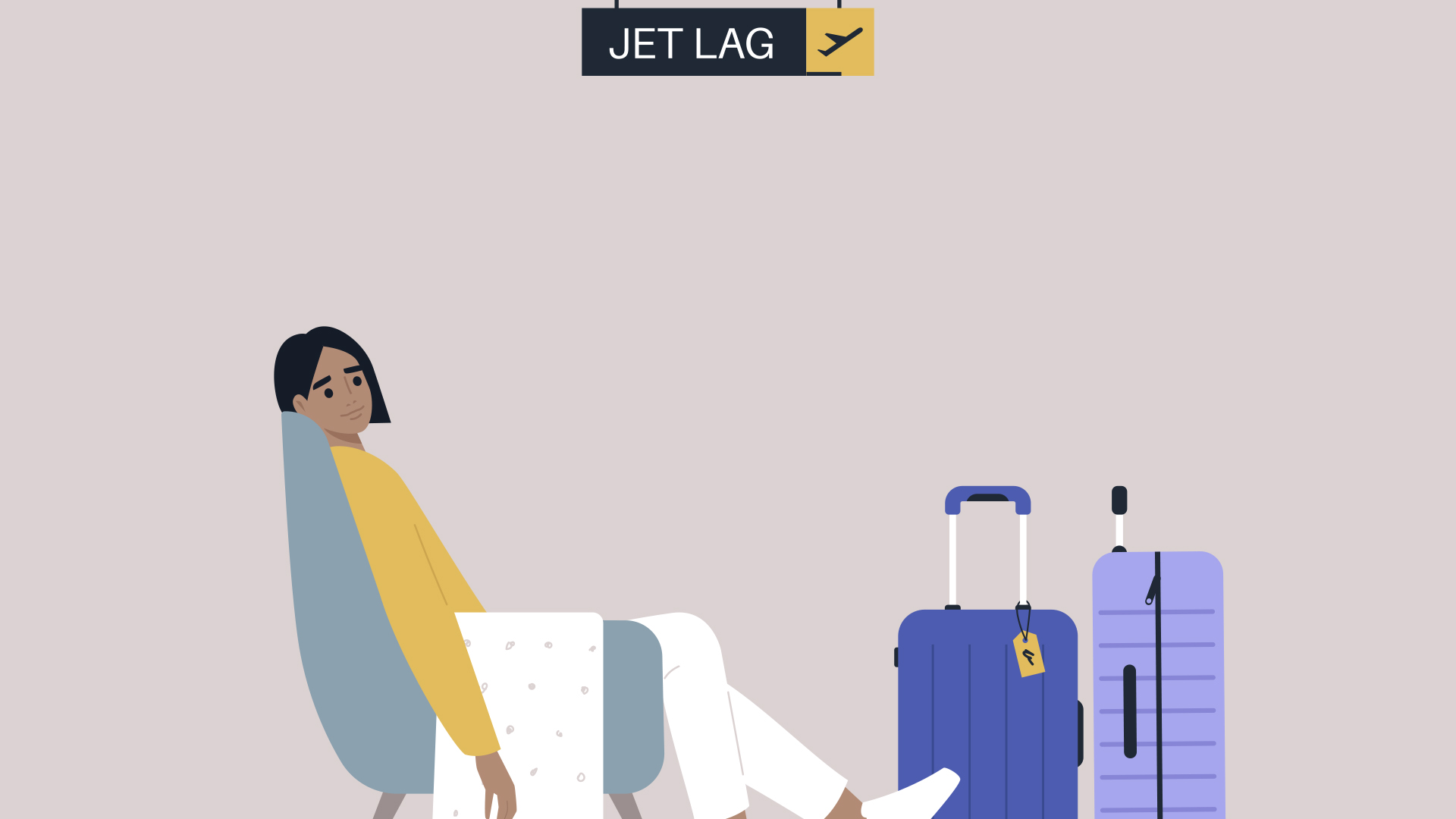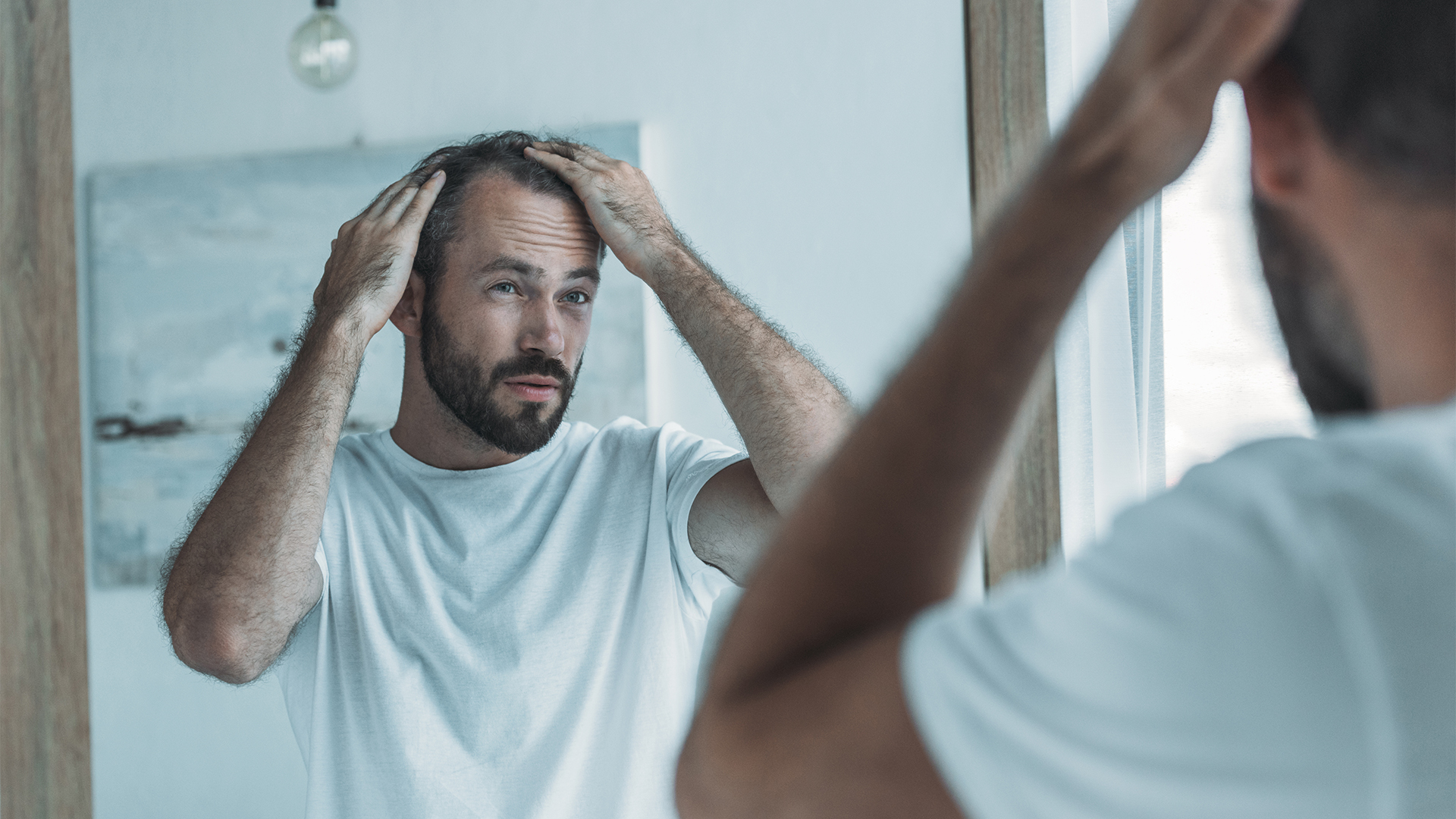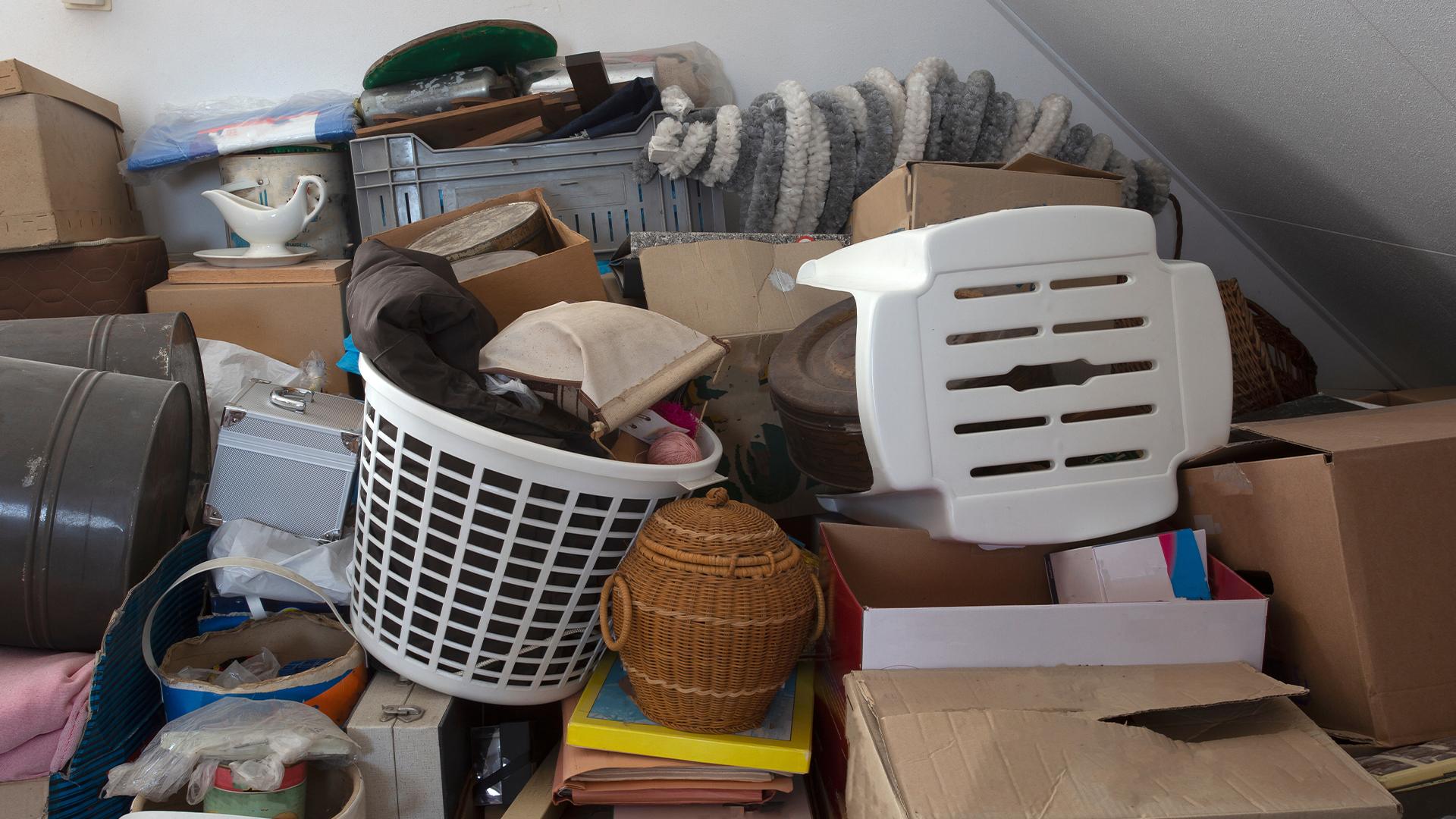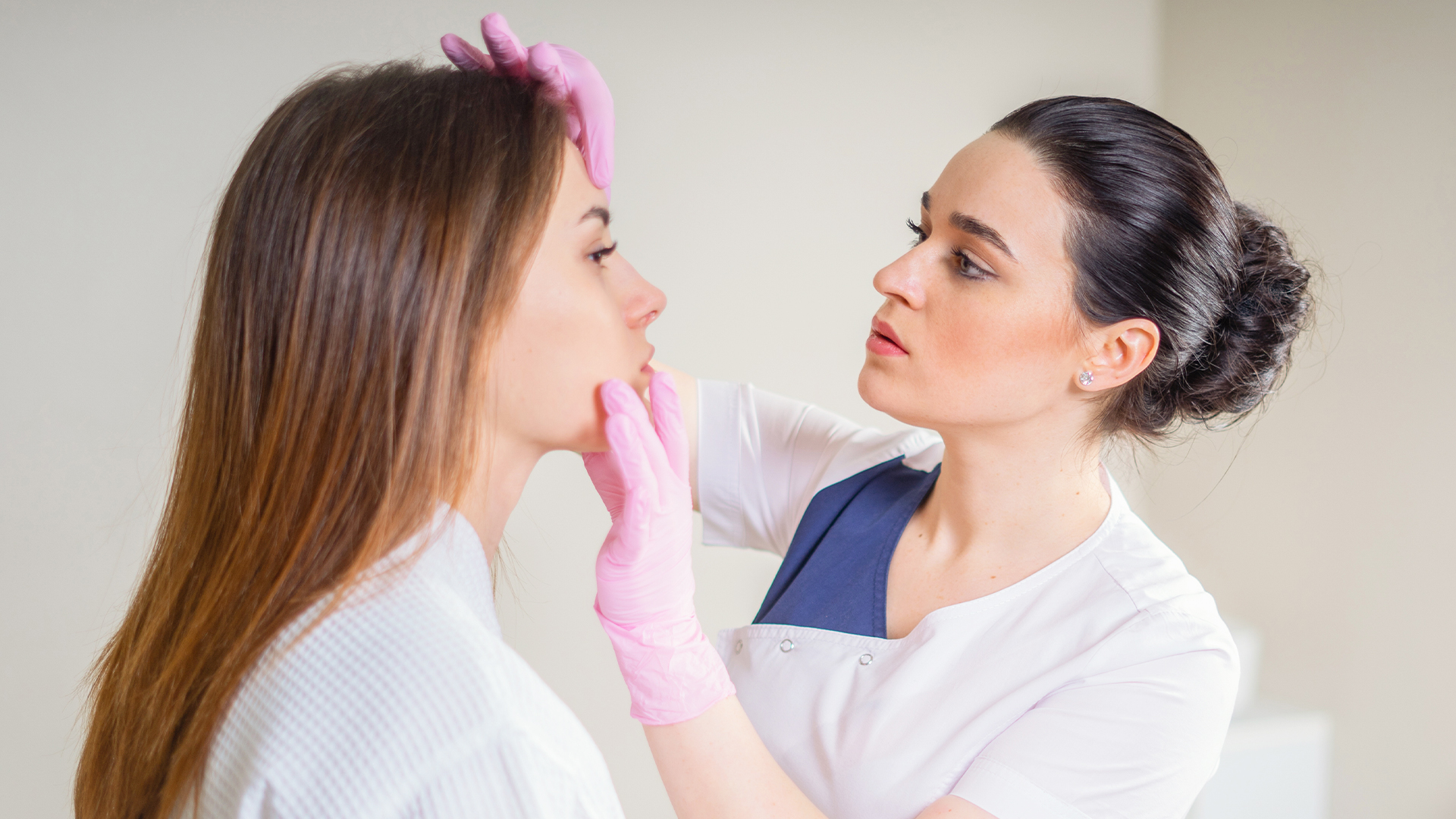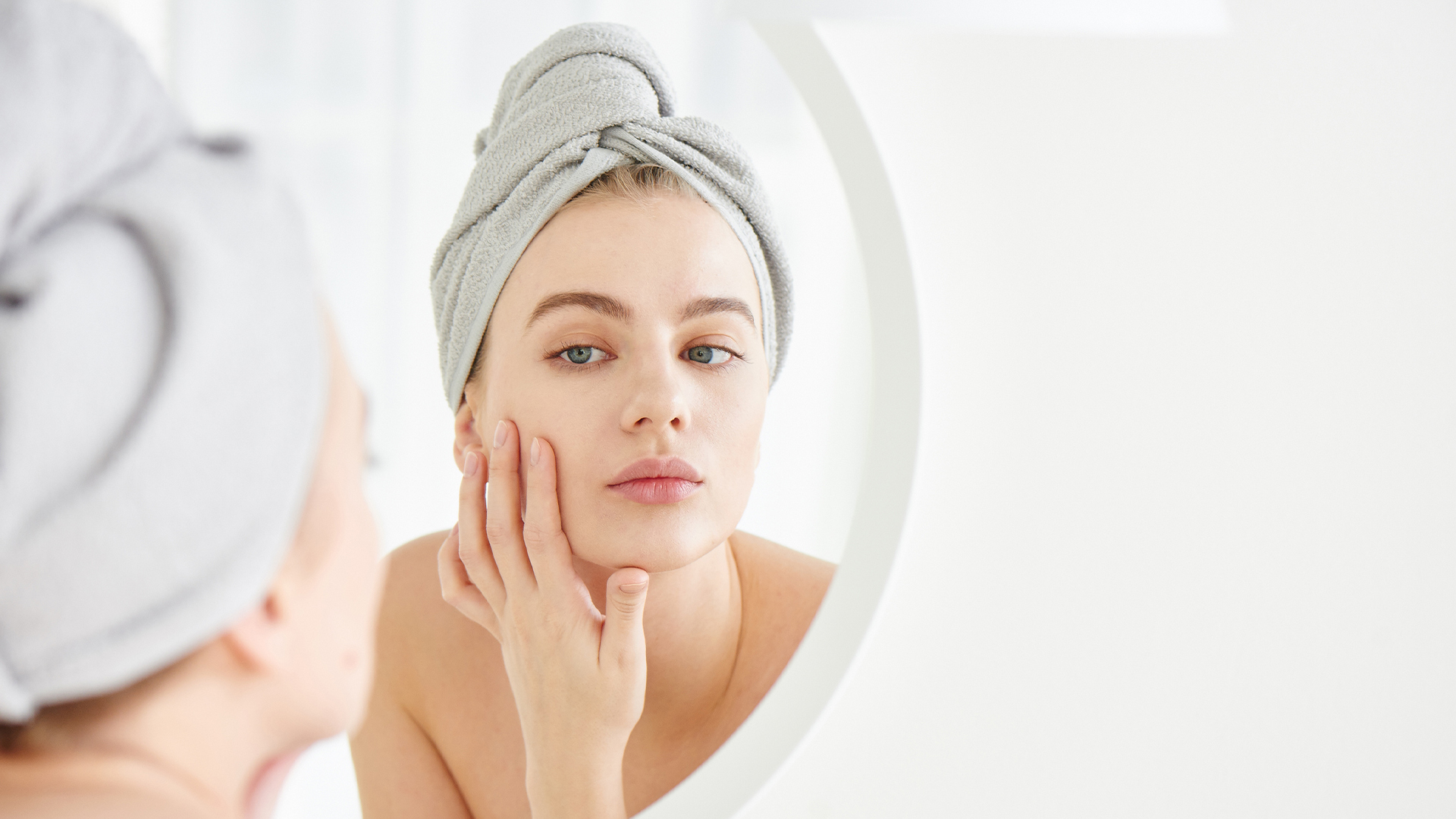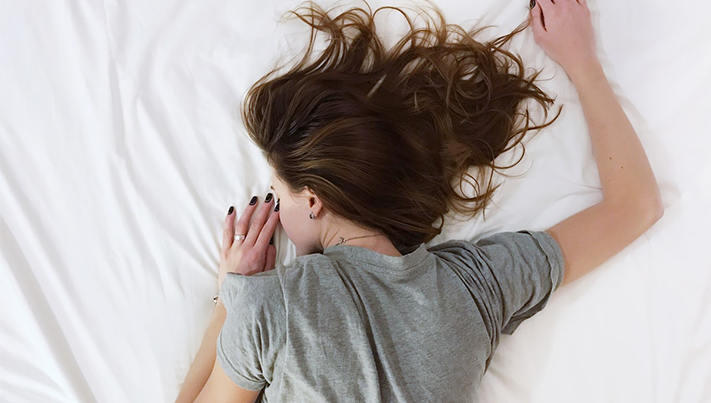
It’s well-established that drinking too much is bad for you, but how about that glass of wine before bed? It isn’t uncommon for people to drink alcohol to help them nod off at night, but does a little bit of alcohol before bed really affect your quality of sleep? Managing director of Cult Wines, Tom Gearing, shares 5 ways alcohol can affect your sleep.
1) It will take you less time to fall asleep
The immediate side effect of drinking alcohol before bed is that it will take you less time to fall asleep. This is due to alcohol reducing neuronal firing (the electric signal between cells) that causes relaxation and tiredness, as well as producing adenosine (a sleep-inducing chemical). Although this is seemingly positive, the effect alcohol has on your sleep often impacts the second half of your sleep cycle. Furthermore, overusing alcohol in order to relax and sleep can cause alcohol dependence, leading to depression and insomnia should you try to sleep without it.
2) It can interrupt your circadian rhythm.
Although you may fall asleep quickly, it isn’t uncommon to be woken up several times throughout the night due to drinking alcohol before bed. Your circadian rhythm is like an internal clock that alternates between tiredness and alertness at regular intervals. Just as little as two drinks before bed will disturb this rhythm due to the production of adenosine and the reduction of neuronal firing, causing your body to be confused when to wake up and when to go to sleep. Unfortunately, the rapid onset of sleep will subside as quickly as it came.
3) It affects your REM sleep.
Speaking to sleep expert, Christabel, from Naturalmat she explains that REM sleep is ‘REM Sleep is about 20-25% of the night but occurs in 4-6 cycles across the night in periods lasting typically 10-60 minutes. As the name suggests, in this stage of sleep there are bursts of rapid eye movements. REM Sleep is thought to be important for memory and learning which is why babies experience more of it in the night and during the later, deeper stages of sleep physical restoration and tissue repair occurs.’ Alcohol affects the time you have in REM sleep, hindering your restoration and ultimately, your quality of sleep. This promotes the feeling of a hangover where you can feel over exhausted and unsteady.
4) It can exacerbate breathing problems.
Have you ever thought to link your snoring to alcohol? Drinking before bed causes a sedative effect on your jaw and throat muscles. These muscles then relax onto your airways and restrict airflow, causing you to snore. Although if you consider yourself an incredibly loud snorer, it could be sleep apnea- a sleeping disorder where a person experiences periods of shallow breathing during sleep. If left untreated, sleep apnea may have serious side effects such as high blood pressure, heart disease and stroke so be sure to consult your doctor if your snoring is continuous and loud.
5) It leads to more trips to the bathroom.
Your body is trained from a young age to sleep in a cycle so typically, will not wake you up multiple times to send you to the bathroom. Alcohol is a diuretic, meaning that the more you drink, the more urine will be produced. Alongside this, alcohol stimulates the bladder, urging you to urinate more than you usually would.
This piece was brought to you by the experts at https://www.wineinvestment.com








